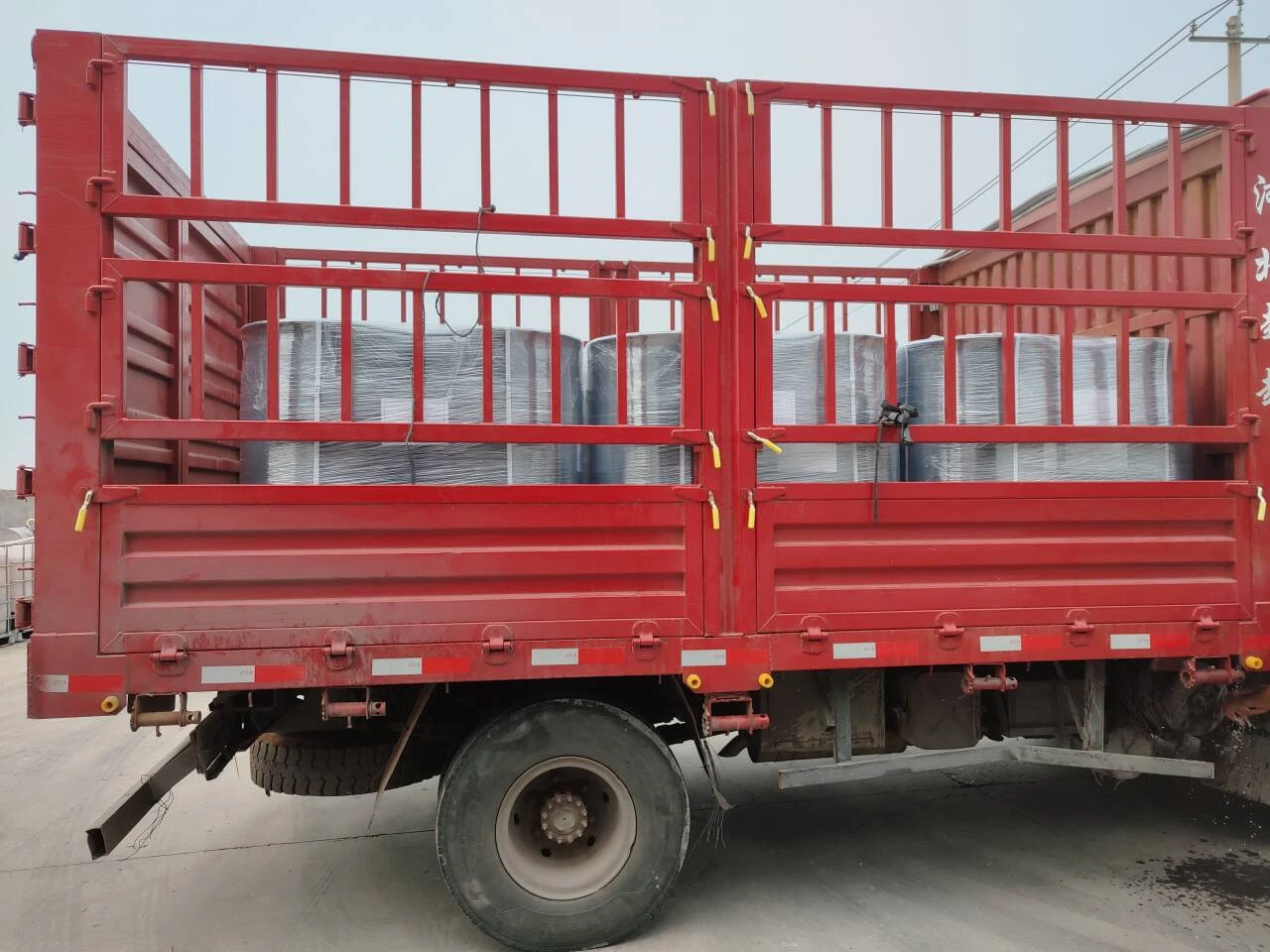The Importance of Well Treatment Chemicals in the Energy Sector
In the energy sector, particularly in oil and gas extraction, the efficiency and effectiveness of drilling operations are crucial for optimal production. One of the key components influencing this success is the use of well treatment chemicals. These chemicals play a vital role in enhancing the performance of wells, combating various issues that can arise during and after drilling processes.
Understanding Well Treatment Chemicals
Well treatment chemicals refer to a wide range of substances used in the treatment and maintenance of oil and gas wells. Their primary purpose is to improve the overall functionality of the well, ensuring that it operates at maximum capacity with minimal interruptions. Common categories of these chemicals include fracturing fluids, acidizing agents, corrosion inhibitors, biocides, and surfactants, each designed to address specific challenges encountered underground.
Addressing Formation Damage
One of the primary reasons for using well treatment chemicals is to prevent or mitigate formation damage. During drilling operations, the rock formation can be altered, leading to reduced permeability or blockages within the wellbore. This obstruction can hinder the flow of oil or gas, leading to decreased production rates. Acidizing agents, for instance, are often employed to dissolve limestone or dolomite formations, thereby restoring the well’s productivity. By carefully selecting and applying the appropriate chemicals, operators can significantly enhance recovery rates and extend the productive life of a well.
Enhancing Production Efficiency
Well treatment chemicals also contribute to enhancing production efficiency. Fracturing fluids, for example, are utilized in hydraulic fracturing operations to create fissures in subsurface rock formations. This process increases the surface area available for oil and gas to flow, thereby maximizing their extraction. These fluids typically consist of a mix of water, proppants, and various chemical additives designed to improve fluid properties and reduce friction. The strategic application of these treatment chemicals can lead to substantial increases in production volumes, providing a significant return on investment for energy companies.
well treatment chemicals

Mitigating Corrosion and Scale Buildup
Corrosion is a major concern in oil and gas production, as it can lead to severe infrastructure damage and safety hazards. Well treatment chemicals, such as corrosion inhibitors, are pivotal in protecting pipes and equipment from the corrosive effects of sour gas and water. These chemicals form a protective layer on metal surfaces, thereby extending the life of the infrastructure and reducing maintenance costs.
In addition to corrosion, scale buildup is another challenge in the industry, often resulting from the deposition of minerals from produced water. Scale inhibitors are used to control this buildup, maintaining fluid flow and preventing blockages that can disrupt operations. By effectively managing these issues, well treatment chemicals contribute to safer and more efficient production processes.
Environmental and Safety Considerations
While the benefits of well treatment chemicals are substantial, it is important to consider their environmental impact. The energy industry is increasingly focused on sustainability, and the key to achieving this lies in the responsible use of chemicals. Advances in technology have led to the development of greener alternatives—biodegradable and non-toxic chemicals that can achieve similar results without posing significant risks to the environment. Operators are encouraged to adopt best practices in chemical management, ensuring that they meet regulatory standards while minimizing their ecological footprint.
Conclusion
In conclusion, well treatment chemicals are essential components in the oil and gas industry, providing solutions to various challenges encountered during drilling and production. Their diverse applications—ranging from enhancing production efficiency to mitigating corrosion—underscore their significance in optimizing well performance. As the industry continues to evolve, the focus on innovation and sustainability will drive the development of effective and environmentally friendly treatment chemicals, ensuring that the sector can meet the growing global energy demand responsibly. Balancing production efficiency with environmental stewardship will be the hallmark of successful energy operations in the future.

